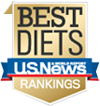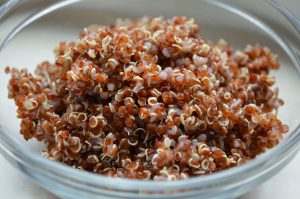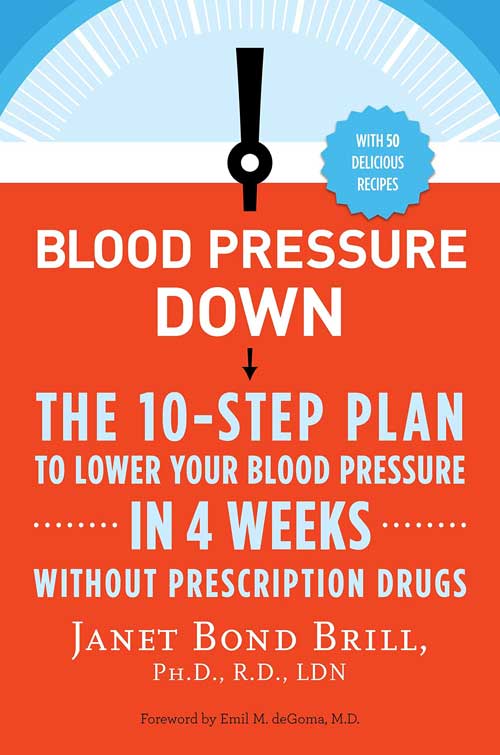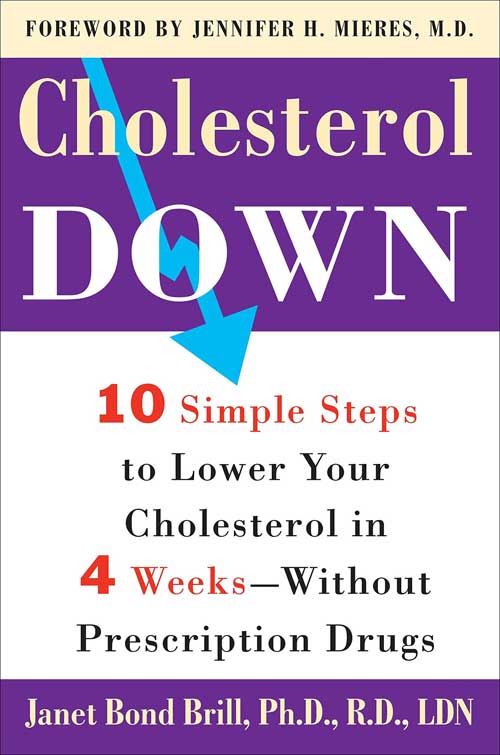By amanda


Q: Why is it so hard/frustrating for loved ones (spouse, child, etc) to see a family member with high cholesterol not take care of it?
A: Family members are astutely aware of the fact that high cholesterol is a major risk factor for developing heart disease–our nation”‘s leading cause of death in both men and women. The fact is that heart disease is largely preventable, lower your cholesterol and you take a huge step in reducing your risk of dying of a heart attack. Sometimes it can be difficult to broach the topic with your loved one, so here are some tips for how someone can discuss high cholesterol with their loved one”¦What they can say to the person to explain what it means for their health:
Explain the facts. High “bad” or “LDL” cholesterol in the bloodstream is the main factor involved in the process of atherosclerosis or plaque buildup in the arteries. LDL or bad cholesterol inflames the arteries as well as instigates and accelerates plaque buildup. Lower the amount of circulating LDL cholesterol saves lives, prevents new heart problems, and even reverses existing plaque buildup.
Q: How can they emphasize how serious a condition it is?
A: If you were a gambler, you would clearly bet that cardiovascular disease (heart attacks and stroke) will be your cause of death. Statistically speaking, twice as many Americans die of CVD than the next four leading causes of death combined (cancer, respiratory diseases, accidents, and diabetes). High “bad” cholesterol makes you a ticking time bomb for heart attack or stroke. Get your cholesterol down and you dramatically lower your risk.
Q: Should the individual intervene by talking to the doctor?
A: Absolutely! Work with your personal physician to convince your loved one of the gravity of the situation. Remember to emphasize that this disease is preventable with simple lifestyle changes.
Q: Are there certain things to say that might encourage the individual to take better care?
A: Expressing your love and concern for the family member is always a healthful action for the family member. Unfortunately, it is ultimately up to the individual to make the decision to care for their own health.
Q: Are there certain things the loved one should NOT say or do?
A: You cannot force a family member to follow advice. They must arrive at that stage of readiness to make behavioral lifestyle changes on their own accord.
Q: I’m also looking for practical tips”¦How can an individual encourage their loved one to have a better diet? (Get rid of junk food? What else?)
A: Be a great role model yourself—get rid of the junk food, cook healthy meals, keep fruit, and nuts out on the counter for snacking, be active and make “home where the health is.”
Q: How can he/she encourage the loved one to get more exercise? (Go for a walk together but what else??)
A: Get a dog”¦dog owners are healthier because for many, they will take the dog for a walk for the dog”‘s sake rather than for their own health. Ask your loved one what they think would help them exercise more–such as listening to music during their exercise, walking or biking with a friend”¦let them come up with the ideas.
Q: How can they help their loved stick to their medication schedule?
A: Give them a checklist (like in my Cholesterol DOWN plan). Get a weekly pill box”¦with days of the week and times of the day. Fill the box every Sunday for the loved one and all they must do is take them–with a verbal reminder if need be.
Q: Is there a point a person just needs to back off even if their loved one isn’t taking care of their high cholesterol? Where is this point? How do they do it, what do they say, etc?
A: Ultimately, the loved one needs to arrive at a point in their own lives where they are ready to take control of their health. For some, that point in time comes with a health scare, for others it arrives as an awakening or “ah ha” moment that appears because of family members or healthcare providers saying or doing something that finally sinks in and then for others, sadly, that day never comes. I don”‘t believe there is a point where the family members should give up, but they must realize, for their own well-being, that some loved ones simply are not willing to listen or to change.
About Dr. Janet:
Janet Bond Brill, Ph.D., R.D., LDN is author of the following books: “Prevent a Second Heart Attack, 8 Foods, 8 Weeks to Reverse Heart Disease” (Random House/Crown Publishing; 2011; $15.00); “Cholesterol Down: 10 Simple Steps to Lower Your Cholesterol in 4 Weeks Without Prescription Drugs” (Random House/Crown Publishing; 2006; $13.95); Blood Pressure Down: The 10-Step Plan to Lower Your Blood Pressure in 4 Weeks–Without Prescription Drugs (Random House/Crown Publishing; 2013; $13.99) and Intermittent Fasting For Dummies (Wiley; 2020; $16.99).
Dr. Brill is a leading diet and nutrition author, educator, and practitioner. She consults for the health and fitness industry specializing in cardiovascular disease prevention.











